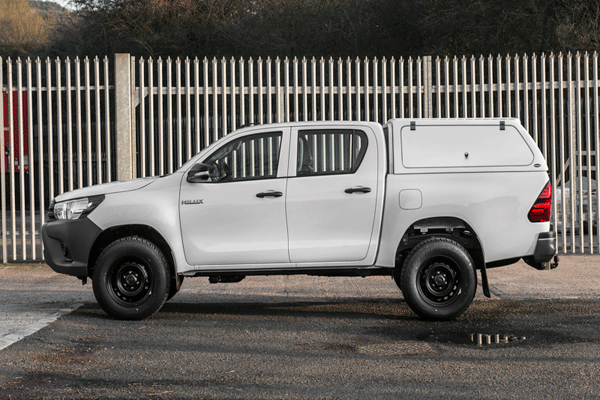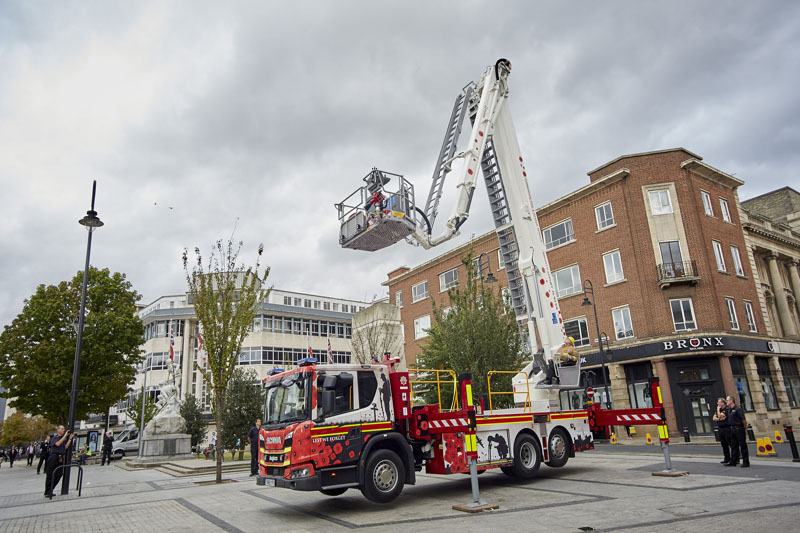After 2020, things can only get better. And operators in the waste and recycling industry are sure they will, with one clear and positive trend predicted for 2021: the growth of zero-emissions RCVs. In the UK, that simply means the widespread introduction of fully-electric vehicles – eRCVs.
Dennis Eagle’s zero-emissions eCollect went into service with customers in the UK last autumn. But how the decision to build an all-electric vehicle came about and just how significant that has become today is only now being fully realised.
As climate change increasingly made the news agenda, manufacturers around the world took note. Dennis Eagle first set in motion a series of projects to reduce emissions from RCVs back in 2010, with this issue at its heart. And the company considered many different options, building prototypes using alternative fuels such as biofuels.
Biofuels helped but still produced emissions. Hydrogen had too many problems, from the lack of infrastructure to the cost of the power source. And the whole process itself – using electricity to produce hydrogen, compressing it in fuel tanks and mixing it with oxygen in a fuel cell to make electricity again to power the motor – is not particularly efficient.
To continue reading visit the LAPV magazine and subscribe for free here.






